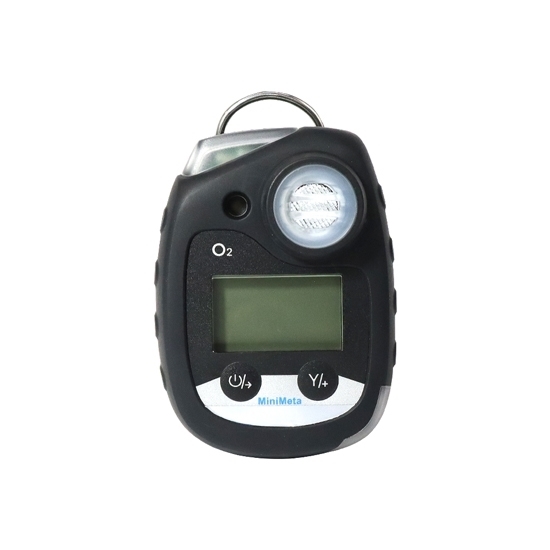
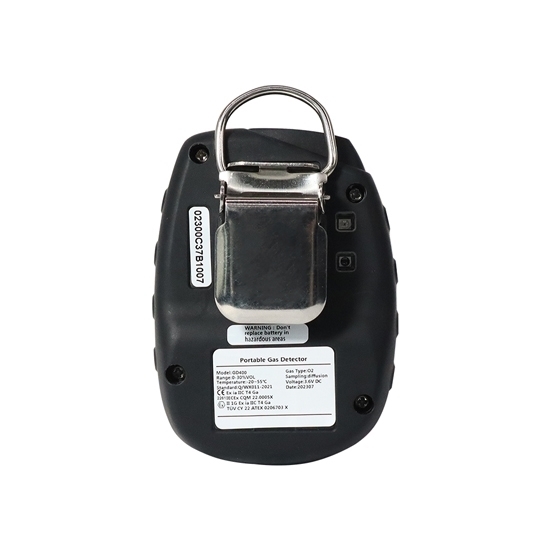
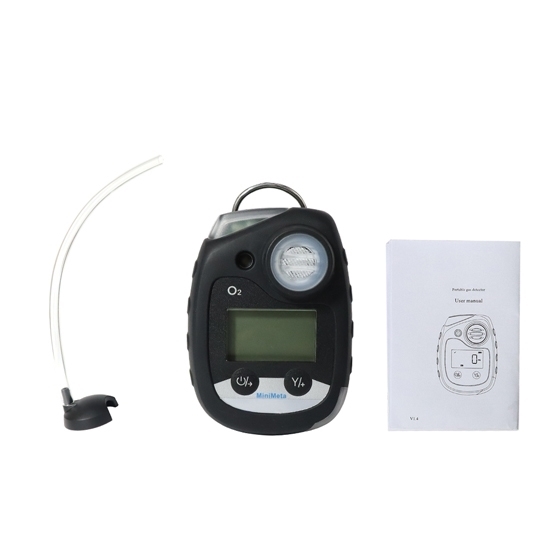
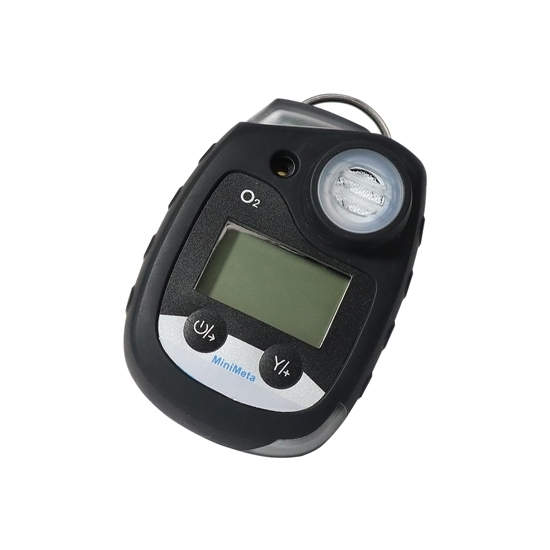
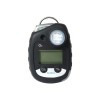
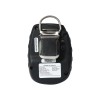
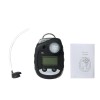
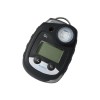
Sulphur Dioxide (SO2) Monitor, 0 To 20/50/100 Ppm
from
$421.89
Ex Tax: $421.89
- Stock: In Stock
- Model: GD800-SO2
- Weight: 1.00
- SKU: GD800-SO2
Available Options
Create unlimited custom product blocks and display them in accordions or tabs or open blocks. Each block can be assigned to all products at once or specific products according to advanced criteria.
Create unlimited custom product blocks and display them in accordions or tabs or open blocks. Each block can be assigned to all products at once or specific products according to advanced criteria.
Our Sulphur Dioxide (SO2) Monitor, with a measurement range of 0 to 20 ppm, 0 to 50 ppm, 0 to 100 ppm, an impressive resolution of 0.1 ppm, and a rapid response time of less than 10 seconds.
Specification
| Model | GD800-SO2 |
| Detected gas | SO2 |
| Sampling method | Diffusion |
| Range (optional) | 0-20ppm, 0-50ppm, 0-100ppm |
| Resolution | 0.1 ppm |
| Response time | ≤10S |
| Principle | Electrochemical principle |
| Alarm mode | Sound, light, vibration alarm, high and low alarm values can be set by yourself |
| Alarm type | Low alarm, high alarm, STEL, TWA, low battery |
| Explosion-proof grade | ExiaIICT4Ga |
| Protection class | IP68 |
| Working temperature | -20℃~55℃ |
| Working humidity | 0-95%RH (non-condensing) |
| Working air pressure | 86~106kpa |
| Dimensions | 90*60*33mm (length*width*thickness) |
| Weight | Weight 125g |
Features
- Exceptionally low power consumption ensures an extended standby time of up to 2 years, eliminating the need for battery replacement.
- Maintenance-free operation simplifies usage – just power it on, and SO2 monitor runs continuously without requiring calibration, sensor replacements, or battery charging.
- Equipped with a high-intensity buzzer alarm, coupled with dual high-brightness red LEDs for both upward and downward alarms, offering sound, light, and vibration triple alarms to effectively alert workers.
- Multiple alarm types, including high point, low point, TWA, and STEL, can be customized by users to adjust alarm set points as needed throughout the device's lifecycle.
- Featuring an impressive IP68 protection rating, SO2 monitor is resistant to splashes, dust, explosions, shocks, and is equipped with an intrinsically safe circuit design.
- Its compact and lightweight design, coupled with a user-friendly two-button interface, ensures easy operation without the need for extensive training.
- Offers affordability with a low cost of ownership, making SO2 monitor a budget-friendly solution for your gas detection needs.
- Compact and lightweight, it's effortlessly portable, allowing users to carry it with ease.
- Crafted from high-strength materials, the device is designed to withstand a variety of harsh environments, ensuring both comfort and durability.
- Includes a self-test function, enhancing safety by facilitating automatic self-testing, a valuable feature for peace of mind in critical applications.
Structure
Applications
The SO2 detector finds versatile applications across various industries, including: petrochemical & chemical industry, municipal engineering & utilities, municipal engineering & utilities, electronic, food & pharmaceutical industry, other industries.
Tips: How does an SO2 monitor work?
- Electrochemical Sensor: The heart of most SO2 monitors is an electrochemical sensor. This sensor is a small, compact device with three main components: a working electrode, a reference electrode, and an electrolyte.
- Gas Diffusion: Air containing sulfur dioxide is drawn into the monitor. The gas molecules diffuse through a gas-permeable membrane or filter that allows only SO2 to pass through.
- Electrochemical Reaction: Inside the sensor, when SO2 molecules come into contact with the working electrode, a chemical reaction occurs. The SO2 gas is oxidized at the working electrode, producing sulfate ions (SO4^2-) in the process. This reaction is specific to SO2 and doesn't respond to other gases.
- Electrolyte Conductivity: As the oxidation reaction takes place, the concentration of sulfate ions in the electrolyte changes. This alters the electrical conductivity of the electrolyte in a way that is directly proportional to the concentration of SO2 in the sampled air.
- Measuring Conductivity: The change in conductivity is measured as an electrical current by the monitor's electronics. The current is directly related to the concentration of SO2 in the air.
- Conversion to ppm: The monitor's internal circuitry converts the measured electrical current into a concentration reading in parts per million (ppm). This ppm reading is then displayed on the monitor's screen.
- Calibration and Compensation: To ensure accuracy, SO2 monitors are typically calibrated to known standards of SO2 concentration. Some monitors also have mechanisms to compensate for environmental factors like temperature and humidity that can affect sensor performance.
- Data Output and Alarms: SO2 monitors often have data output options, such as analog or digital signals, for integration with control systems or data logging. They may also have alarms that can be triggered if the SO2 concentration exceeds a predefined threshold.
Builder in Product TAB
NEW! Since Journal 3.2, the much improved T.A.B (Tabs Accordion Blocks) system supports the page builder inside the tab content. Unlimited Blocks, Tabs or Accordions with any HTML content or the builder interface (supporting custom rows/columns/modules) can be assigned to any individual product or to certain groups of products, like entire categories, brands, products with specific options, attributes, price range, etc.
You can indicate any criteria via the advanced product assignment mechanism and only those products matching your criteria will display the modules.
Also, any module can be selectively activated per device (desktop/tablet/phone), customer login status and other criteria. Imagine the possibilities.
